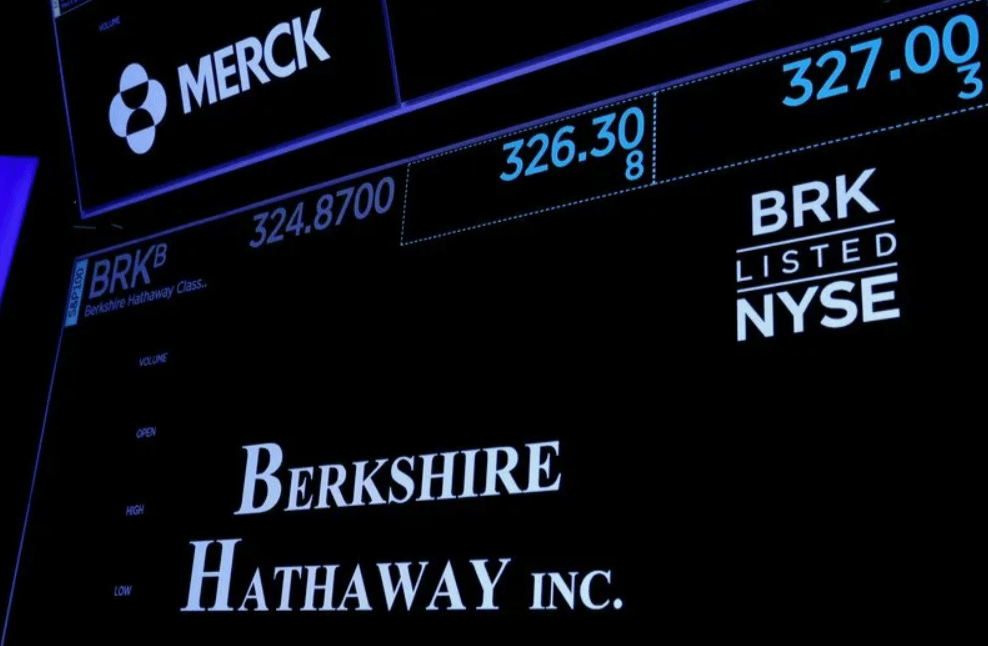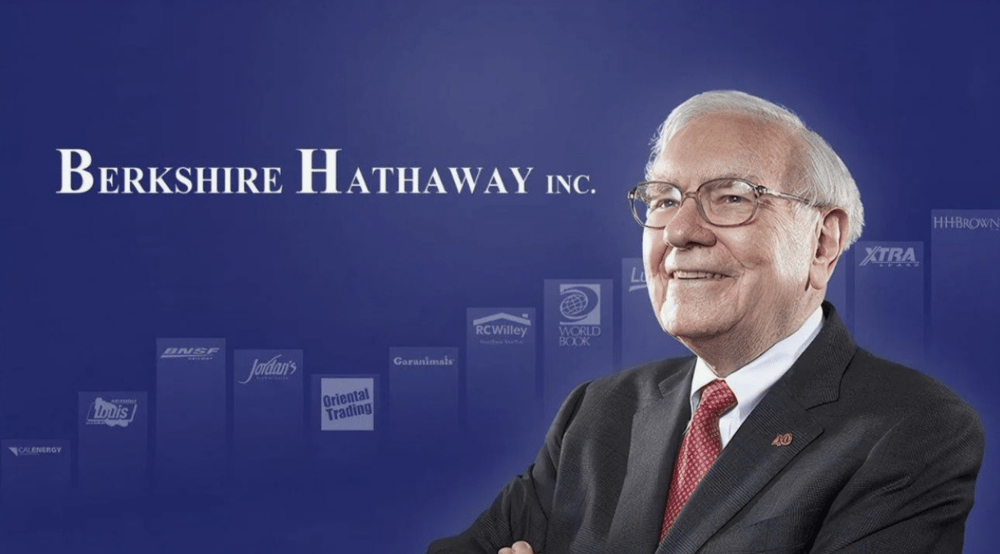Berkshire Hathaway Stock Declines Amid Buffett Premium Concerns and Leadership Transition
The recent announcement by Warren Buffett, Chairman and CEO of Berkshire Hathaway Inc. $BRK-B, that he plans to step down at the end of this year, just months after turning 95, has sent ripples through global equity markets. Shares of the conglomerate have fallen approximately 10% since the May declaration, a decline largely attributed to what investors refer to as the "Buffett premium"—the market valuation surplus reflecting investor confidence in Buffett’s stewardship.
While succession planning at Berkshire has been underway for years, market participants remain uncertain whether the next generation of leadership can preserve the conglomerate’s unique value proposition in a post-Buffett era.
Succession, Sentiment, and Strategic Concerns
Berkshire Hathaway is not just another S&P 500 component—it has long represented a rare fusion of value investing philosophy, disciplined capital allocation, and operational diversification. Under Buffett, the company built a $900+ billion empire spanning insurance (GEICO), railroads (BNSF), utilities, and a portfolio of major equity holdings including Apple Inc. $AAPL, Bank of America $BAC, and Coca-Cola $KO.
The concept of the "Buffett premium" suggests that investors have historically been willing to pay more for Berkshire’s shares due to Buffett’s unmatched capital allocation skill and market insight. With his imminent departure, that intangible asset may be in jeopardy, prompting a repricing of the stock to reflect the underlying fundamentals rather than confidence in Buffett's oversight.
Furthermore, questions remain about whether Greg Abel—Buffett’s publicly named successor—can maintain Berkshire’s decentralized management style while pursuing the same long-term, risk-averse investment philosophy. Analysts also highlight the risk of strategic drift, particularly in the allocation of Berkshire’s $150+ billion in cash reserves.

Quick Facts: Buffett’s Departure and Market Reaction
Announcement Date: May 2025
Event: Warren Buffett confirms he will retire by year-end
Age at Retirement: 95
Stock Impact: BRK.A down ~10% since the announcement
Successor: Greg Abel, currently Vice Chairman of Non-Insurance Operations
Cash Holdings: Over $150 billion on Berkshire's balance sheet
Top Equity Holdings: Apple, Bank of America, American Express $AXP, Coca-Cola
Market Behavior and Analyst Commentary
The market’s response to Buffett’s retirement underscores the deep psychological link between Berkshire Hathaway’s stock valuation and investor trust in its leadership. While institutional holders such as Vanguard and BlackRock have not significantly reduced their positions, options market activity has shown a rise in protective puts—indicating hedging against potential downside.
Equity analysts at JPMorgan $JPM and Goldman Sachs $GS have issued neutral outlooks, citing management continuity under Greg Abel but noting the intangible loss of Buffett’s brand value. Meanwhile, Moody’s and S&P Global have reiterated Berkshire’s top-tier credit ratings, emphasizing its diversified income streams and fortress balance sheet.
Importantly, some long-term investors view the 10% pullback as an adjustment rather than a structural decline, with value-oriented funds considering re-entry at more fundamental valuations. However, the company’s future capital deployment strategies remain a critical watchpoint.

Key Takeaways: Succession and Market Adjustments
Berkshire Hathaway shares have declined ~10% since Buffett’s retirement announcement.
The decline reflects the dissipation of the "Buffett premium", a valuation surplus linked to Buffett’s leadership.
Greg Abel’s succession is viewed as stable, but investor uncertainty persists around future capital deployment.
Institutional sentiment is cautious, with limited selling but increased options-based hedging.
Berkshire’s cash reserves and equity portfolio strength could provide downside protection, but execution risks remain.
A Post-Buffett Berkshire – Continuity vs. Change
Warren Buffett’s legacy as one of the most successful investors in modern history has become inseparable from Berkshire Hathaway’s market valuation and strategic identity. With his departure on the horizon, the conglomerate faces its most consequential transition in decades. While the fundamentals remain strong, the erosion of the Buffett premium represents a recalibration of market expectations.
Whether Berkshire can thrive in a post-Buffett world will depend on the leadership’s ability to preserve its decentralized model, prudently allocate capital, and maintain shareholder trust. For now, markets are adjusting—not panicking—but the next chapters of Berkshire’s evolution will unfold under a different, though carefully selected, hand.















Comments
Buffett's departure marks the end of an era, and it’s unsettling to witness how much his presence influenced market confidence.